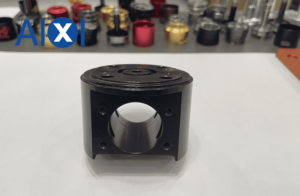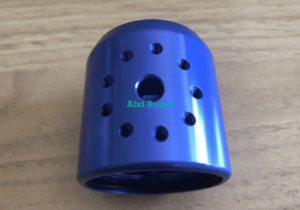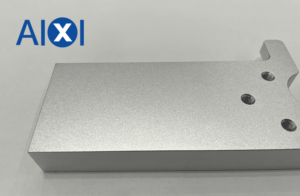What Kind of Aluminum Is Used For CNC Machining?
Several factors affect the choice of material for CNC machining. For example, the type of aluminum used depends on its mechanical properties. There are several types of aluminum, including 6061, 7075, 2024-T3, and 5052. The article below explains the benefits and disadvantages of each one. Once you know which type of aluminum is right for your CNC needs, you’ll be able to choose the best tool for your specific job.
6061
One of the most common aluminum alloys, 6061 is known for its high strength, good weldability, and moderate mechanical properties. It is also widely used in the aerospace and transportation industries, and in large hydraulic manifolds. CNC machines usually use 6061 aluminum, as it has the best combination of properties. In this article, we’ll discuss some of its benefits and how it’s used for CNC machining.
The main alloying elements of 6061 aluminum are Mg and Si. The alloy’s high machinability makes it a popular metal for CNC machining. This translates to faster machining times, lower labor costs, and shorter machine time. This alloy is also excellent for high-speed machining applications, such as CNC milling, which results in more precise and accurate machining. Aluminum can be machined to tight tolerances, making it a great choice for CNC milling.
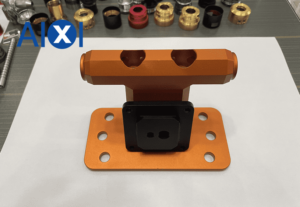
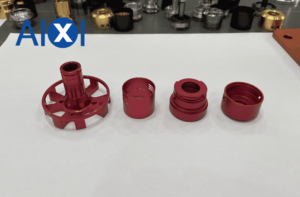
7075
The alloy 7075 aluminum is a good choice for CNC applications, as it is medium in machinability and has a relatively low elongation. It also has excellent corrosion resistance, but it is somewhat expensive compared to other aluminum alloys. This alloy is used for aircraft structures, rock climbing equipment, and bicycle frames. It is also popular in the aerospace industry, as it is used in the manufacture of M16 rifles.
Among the aluminum alloys, 7075 is considered one of the strongest. This alloy is also suitable for high-strength flying machine frames, scientific instruments, and truck wheels. Its zinc and magnesium content makes it corrosion resistant, which makes it ideal for aerospace applications. CNC cutting machines can efficiently cut 7075 aluminum into complex shapes. This type of aluminum is commonly used in CNC milling machines and has numerous other uses in the manufacturing industry.
2024-T3
The alloy 2024-T3 is made with copper as the main alloying element. This type of aluminum is extremely strong compared to other kinds of aluminum, but is also susceptible to corrosion. It is not ideal for welding and soldering, but is widely used for CNC and other high-strength applications. This type of aluminum is also easier to weld, so it is often used in aerospace applications.
The alloys MIC 6 and 2024-T3 are the most common types of aluminum. MIC 6 and 2024-T3 are particularly good choices for CNC and other high-performance machining. MIC6 is a contaminant-free, machinability-rich alloy developed for machining components, electronics, and laser technology. It is also a good choice for general uses. Here are some of the advantages of both.
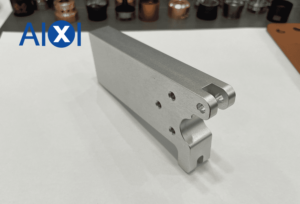
5052
There are a variety of advantages to using the alloy 5052 aluminum for CNC machining. Due to its high magnesium content, this metal is highly durable and has good corrosion resistance. CNC machining of 5052 aluminum is easier than other metals, making it an ideal choice for many CNC users. The alloy’s other benefits include good heat and corrosion resistance, low bulk cost, and ease of machining. Learn more about CNC aluminum machining below.
Despite its comparatively high price, 5052 aluminum is the strongest of non-heat treatable metals. It has excellent corrosion resistance and is able to handle tight radii with ease. It is also easily machined and can be hardened using conventional methods, allowing it to be shaped into a variety of shapes and sizes. CNC aluminum machining can produce an exceptional quality product with ease, which makes it an excellent choice for any CNC application.

 Deutsch
Deutsch Français
Français 日本語
日本語 Español
Español
